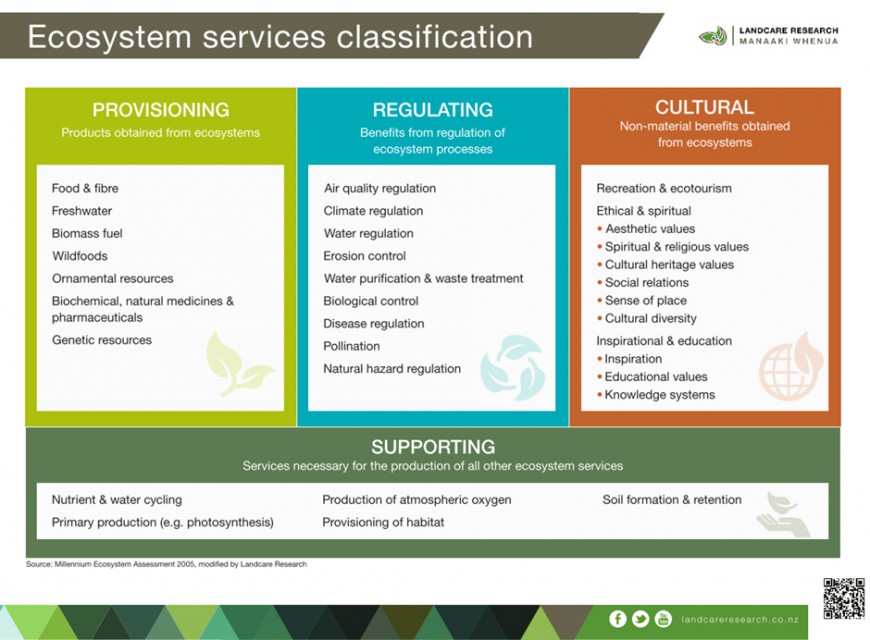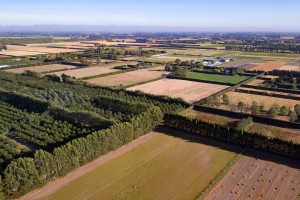BEST: Biodiversity and ecosystems services for resource management
In this section
-
Sustainable society & policy
- Activating water-sensitive urban design for healthy resilient communities
- Assessing climate change-induced cultural losses in Fiji
- BEST: Biodiversity and ecosystems services for resource management
- Cities, settlements & communities
- Decision-making in the Waihou-Piako catchment
- Decision-making in the Lower Waikato, Central Waikato, and Waipa catchments
- Environmental Perceptions Survey
- Evidence empowering impact
- Farmer decision-making in the Southland region
- Garden Birds: The science behind the survey
- Freshwater values, monitoring and outcomes
- Moving the middle
- New Zealand Nursery Survey
- New Zealand Colony Loss Survey
- Responding to COVID-19
- Social Licence to Operate Framework
- Survey of Rural Decision Makers
- What if nature had a voice? (or we learned to listen)
Nature provides many services that underpin New Zealand’s economy: nutrients and water for primary production, aesthetic and recreation services for tourism, and decreased risk of natural hazards such as flooding. These services are called ecosystem services (or the benefits that nature provides). For Māori, elements of ecosystems and their linkages form the basis of whakapapa (ancestry) and kaitiakitanga (sustainable resource management) principles, and support customary foods important for health and well-being. By managing ecosystems well we will boost the productivity and value of New Zealand’s environment-based industries. However, development and intensification of land use often results in degradation of ecosystem services and biodiversity.
Our research aims to avoid potential degradation by helping land managers make better informed, “smarter” natural resource management decisions that preserve options for future resource use and enhance the value derived from New Zealand’s landscapes.
This research partnership brings together a broad base of expertise (ecologists to economists) from Crown Research Institutes (Landcare Research, AgResearch, Scion) and universities (Canterbury, Auckland), with collaborations with researchers in England and France.
Research
The research focuses on three research areas:
- Linking biodiversity, ecosystem services and land cover: Using existing studies through meta-analysis to identify relationships between land cover and ecosystem services, and bringing together scientific knowledge and Mātauranga Māori (Māori traditional) knowledge to develop bi-cultural indicators of biodiversity and ecosystem services.
- Exploring alternate future landscapes and landscape change: Developing the modelling capability to represent the spatial dynamics of biodiversity, ecosystem services, and human behaviour by integrating a suite of models that represents different elements of landscape change.
- Integrating biodiversity and ecosystem services into decisions: Working with land and water managers to help them identify their dependency and any positive and negative impacts on native biodiversity and the flow of ecosystem services from their decisions. This involves developing a participatory decision-making framework focused on biodiversity and the flow of ecosystem services within a landscape.
Describing Ecosystem Services
Ecosystem services are defined as the benefits that nature provides humans. This concept allows us to identify and consider the full range of benefits provided by different landscapes when making decisions and also prompts us to think beyond the immediate pressures or challenges we are facing in a landscape to address not only current issues but also potential future issues, the risks they pose, and the opportunities they provide.
Ecosystem services are typically classified as provisioning, regulating, cultural, and supporting services.

Ecosystem services classification
Key contact


